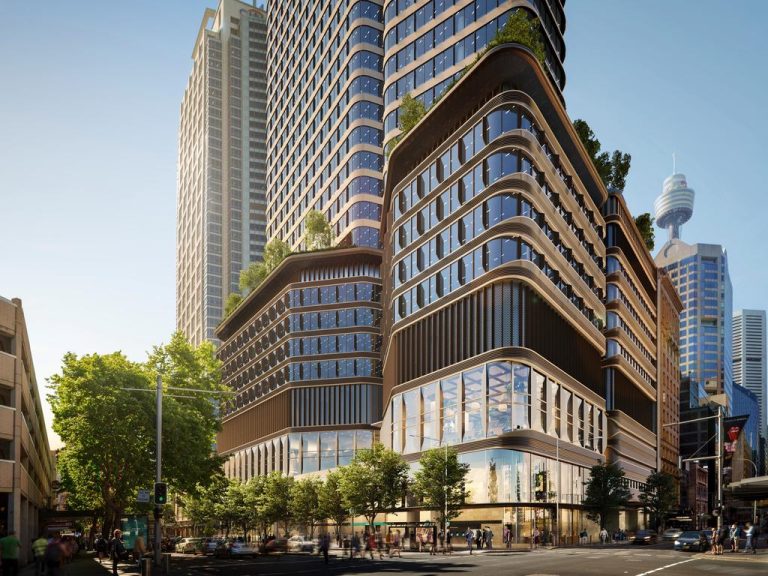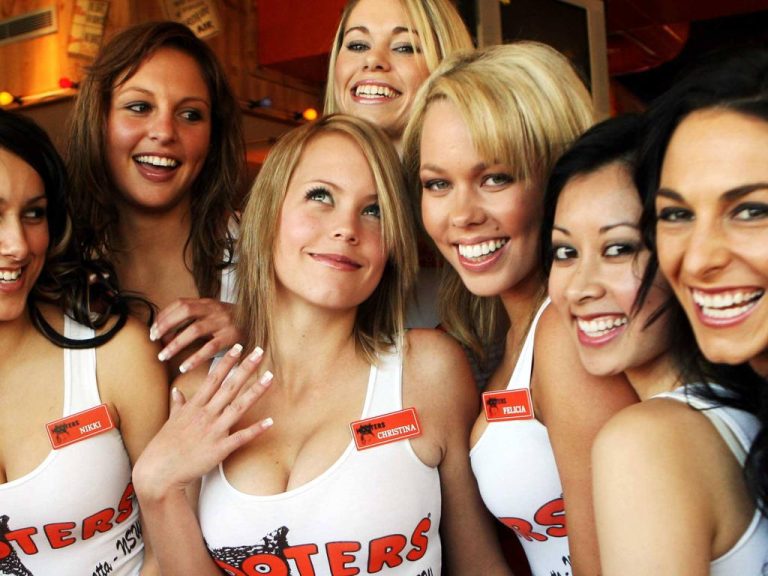Amazon ‘facing headwinds’ in Australia: Charter Hall

Charter Hall’s listed shopping centre trust is backing its mall locations and lease structures with major tenants as a defence against the looming entry of Amazon, warning that the online commerce giant will face headwinds in Australia.
Charter Hall Retail REIT fund manager Scott Dundas highlighted Amazon’s recent $US13.7 billion purchase of supermarket Whole Foods as evidence that grocery businesses needed bricks-and-mortar stores, as well as online operations.
The trust has a heavy exposure to supermarkets, with Wesfarmers and Woolworths making up 50% of its base rent.
Commercial Insights: Subscribe to receive the latest news and updates
“All our leases with major tenants provide that where a sale is fulfilled online, the store that it was fulfilled by has that particular sale included in the calculation of turnover rent,” Dundas says.
“In Australia there are some impediments to online commerce … the main impediment is the cost of delivery and it’s very difficult to get that to an acceptable level.”
The group, which owns neighbourhood and subregional retail properties around Australia, has also found that in price-conscious catchments such as western Sydney, consumers who have household budgets under pressure will not pay to have their food delivered.
“There are some headwinds for them (Amazon) in this country and I’m sure their service will work well in the more higher-income, densely populated areas, but once you get outside those areas it becomes a different ball game,” Dundas says.

Charter Hall Retail REIT fund manager Scott Dundas. Picture: Britta Campion.
Dundas was speaking after unveiling a rise in profit for the trust, with supermarket turnover lifting and revaluation gains offering a boost.
Profit attributable to members rose 39.1% to $251.3 million in the year to June 30, compared with $180.7 million in the previous year.
In Australia there are some impediments to online commerce … the main impediment is the cost of delivery and it’s very difficult to get that to an acceptable level
The group booked a 4.5% rise in property valuations, with weighted average cap rates compressing 40 basis points to 6.31%.
Supermarkets recorded moving annual turnover growth of 3.8% during the year.
The group expects its operating earnings to be broadly steady this financial year as it continues to sell lower-growth properties and recycle capital into malls in high-growth corridors.
The trust expects operating earnings of 30.2c-30.6c per unit for full-year 2018, after unveiling a figure of 30.4c for fiscal 2017.
During the year, the trust contracted to divest eight lower-growth properties worth $157.2 million.
It bought Arana Hills Plaza in Queensland for $67.1 million, and contracted to buy Salamander Bay Shopping Centre in NSW for $174.5 million and Highfields Village Shopping Centre in Queensland for $41m.
Revenue edged up 1.7% to $215.5 million.
Rising electricity costs have prompted the trust to investigate solar panels, with one solar system being installed at a mall to save about $300,000 a year. The group is investigating rolling out solar panels in 17 retail centres, hoping to save about $1 million a year.
The trust declared a final distribution of 14c per unit, payable on August 31 to unitholders who were on the register on June 30.
CQR units closed steady yesterday at $4.07.
This article originally appeared on www.theaustralian.com.au/property.







